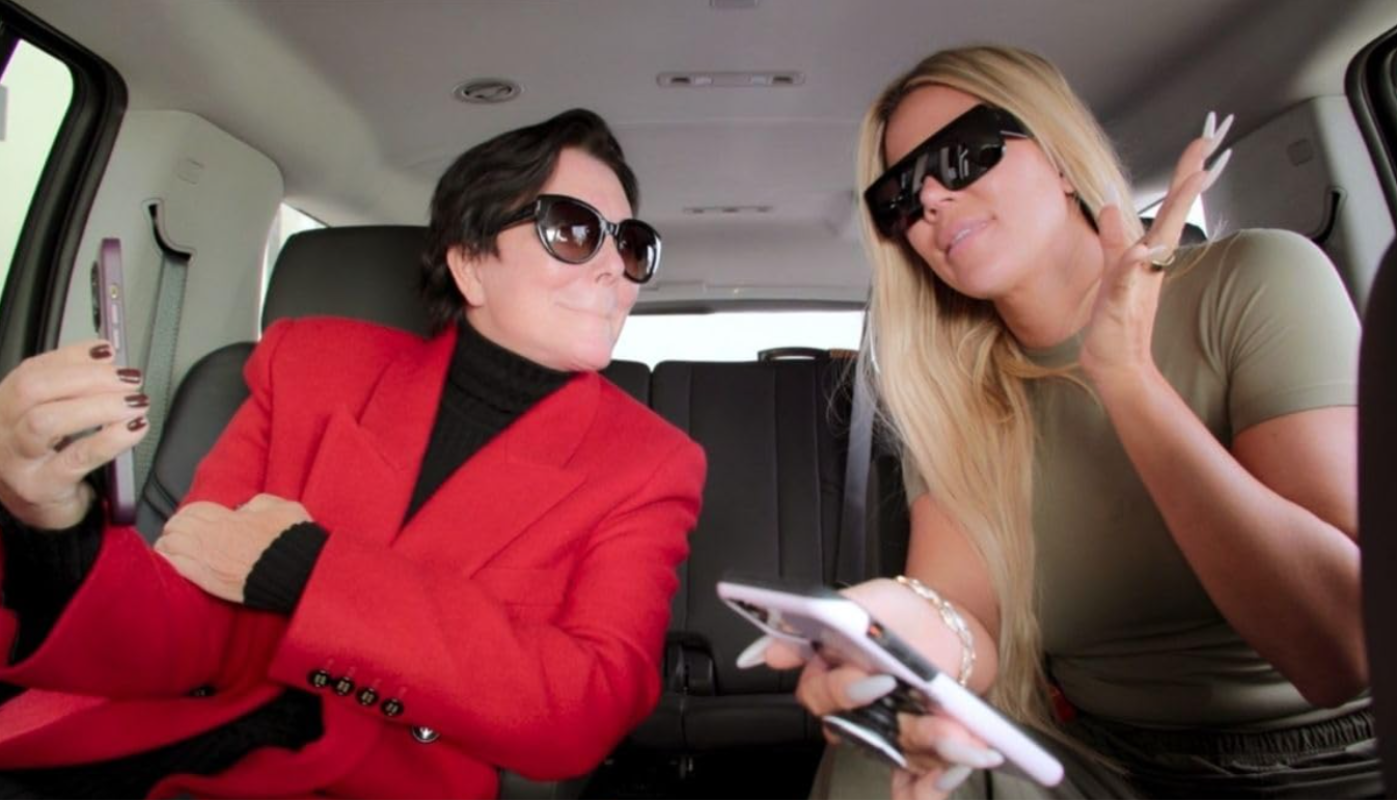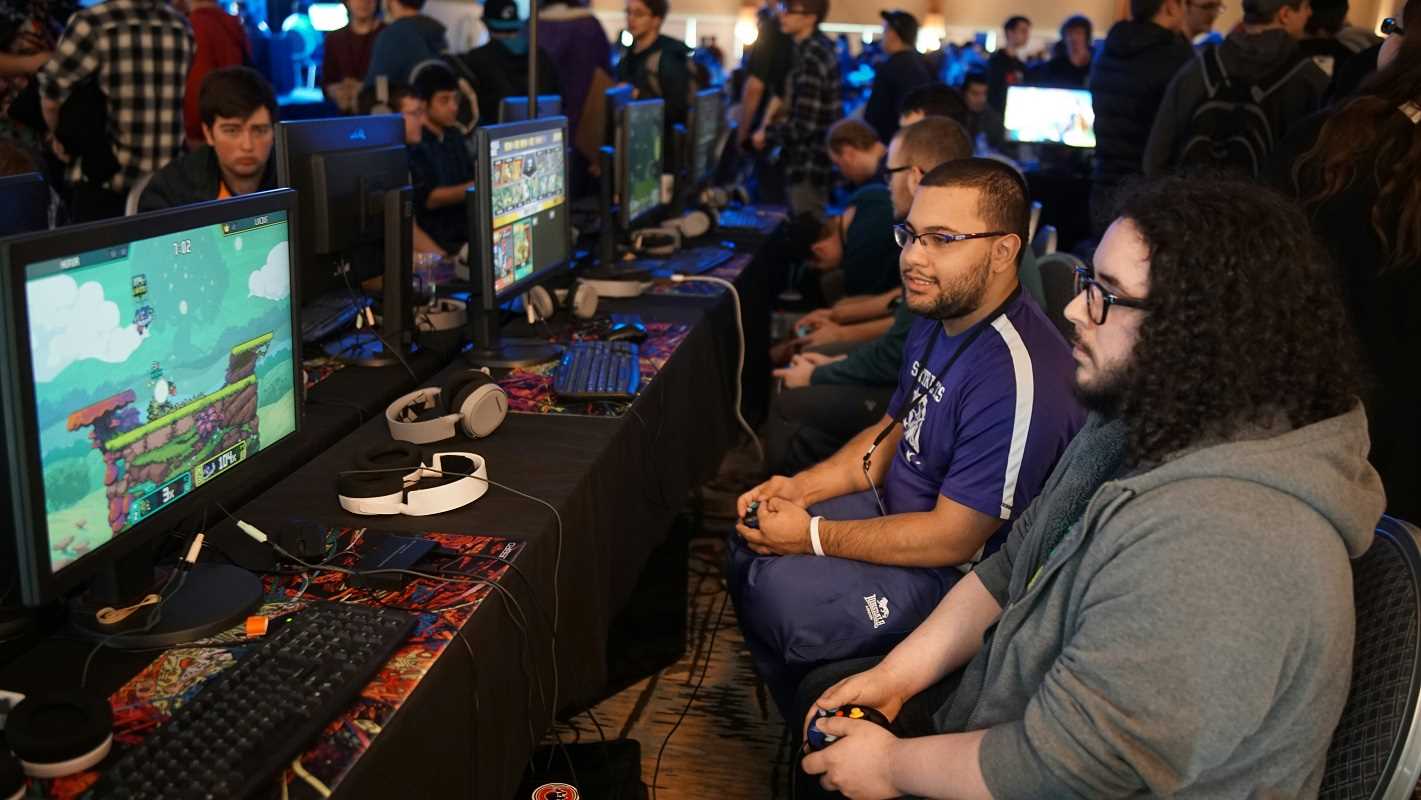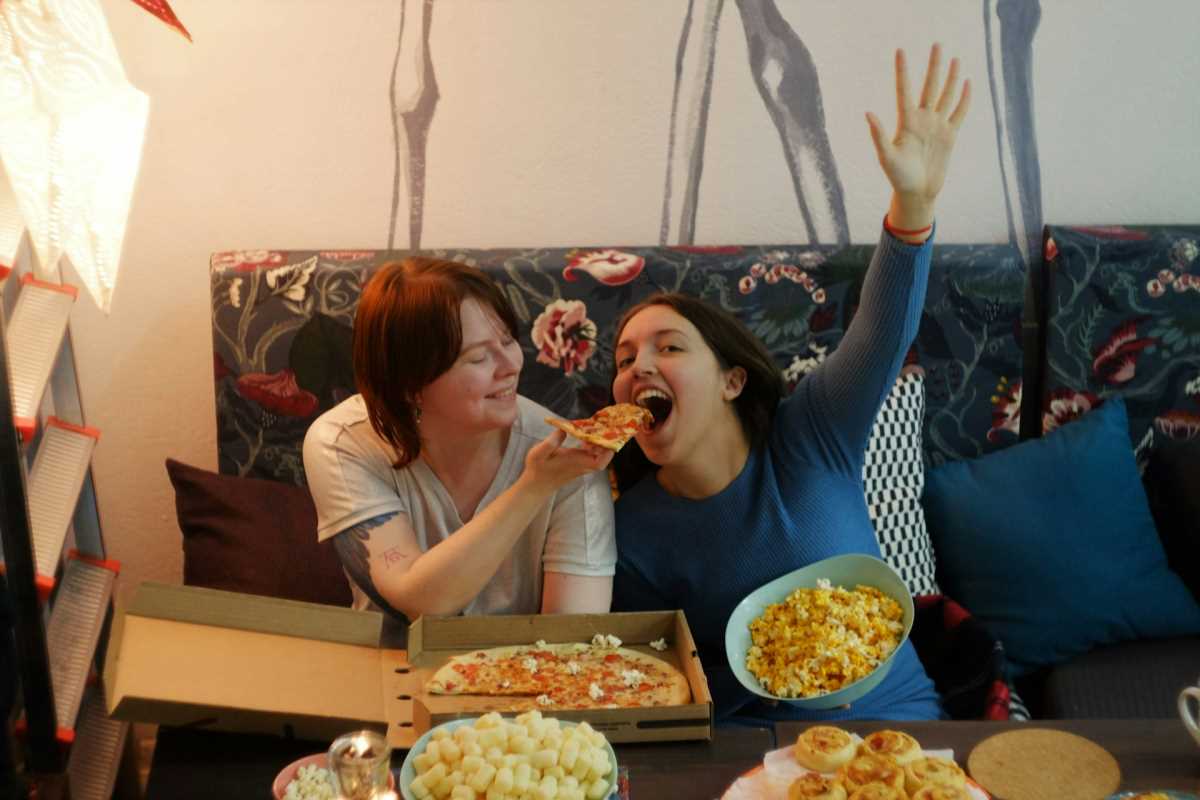You’ve probably caught yourself saying, “Just one more episode,” only to realize hours have flown by as you’re glued to a reality TV show. Whether it’s dramatic arguments, heartfelt confessions, or outrageous moments, these shows have a way of sucking us in. But why can’t we look away? The answer lies not just in the entertainment, but in the deeper psychology of human behavior. Reality TV isn’t just a guilty pleasure—it’s a window into the human experience.
Whether it’s Vanderpump Rules, Southern Charm, Keeping Up with the Kardashians, or The Real Housewives, reality TV has a magnetic pull that’s hard to resist. But what makes these shows so addictive? The answer lies in the fascinating psychology of human behavior and how these shows reflect and play on our emotions, desires, and social instincts.
A Mirror of Human Behavior
Reality TV works because it holds up a mirror to our own lives—albeit an exaggerated and glammed-up one. Shows like Vanderpump Rules and Southern Charm are perfect examples of this. They follow tight-knit groups of friends, often blending their personal and professional lives. Watching friendships bloom, unravel, or get mended reminds us of our own relationships, both the joyful and the messy parts. When you see two friends fighting on Vanderpump Rules over something petty, you might think, I’ve had that same argument before. It’s this connection that draws us in.
Even a show like The Kardashians, which showcases over-the-top wealth, still surfaces relatable dynamics like sibling rivalries, parenting struggles, and self-doubt. Although we might not own private jets like Kylie Jenner, we relate to the awkward family dinners and heated disagreements. These shows capture universal human experiences, making them feel deeply engaging and personal.
Why We Love the Drama
One undeniable reason we love reality TV is its drama. Whether it’s Lisa Vanderpump navigating the chaos her employees bring at SUR, or the Housewives throwing tables during a wine-fueled argument, the heightened emotions and unpredictable outbursts reel us in. Why does drama draw us so much? Psychologists suggest that as humans, we’re naturally drawn to conflict because it keeps us stimulated and alert. Drama is like fuel for our emotions, letting us experience a whirlwind of feelings safely from our couch.
Take Real Housewives of Beverly Hills. The explosive arguments and shifting alliances between cast members are a perfect storm of entertainment. Every episode leaves us wondering, “What will Erika Jayne say next?” It's not just mindless entertainment—you’re processing the emotional highs and lows with the cast, almost like you’re part of their world.
Even Southern Charm, which centers on the social elite in Charleston, pulls you in with its unique blend of Southern hospitality and dramatic betrayals. Watching how these real-life characters handle cheating scandals or feuds within their circle keeps you glued, wondering how it will all play out.
Relatability with a Twist
Shows like these work because they balance relatability with a touch of fantasy. Take Keeping Up with the Kardashians. Sure, the Kardashian-Jenner family is dripping in luxury, but beneath the designer dresses are relatable challenges. Kourtney’s struggle to maintain work-life balance as a mom, or Kim’s heartbreak over Kanye, remind us that even the ultra-famous aren’t immune to real-life problems.
Similarly, The Real Housewives may flaunt extravagant lifestyles, like multi-million-dollar mansions and designer wardrobes, but when tensions over friendships and family boil over in dramatic confrontations, it strikes a chord. Every friendship group has personality conflicts and insecurities—and shows like these exaggerate them for our consumption while reminding us of the social dynamics we also experience.
The Escapism Factor
One of the strongest appeals of reality TV is the escape it offers. After a long day of dealing with school, work, or other responsibilities, slipping into the world of The Real Housewives or Vanderpump Rules can feel like stepping into a different universe. You might watch Lisa Vanderpump sip rosé in her perfectly manicured garden or Erika Jayne wear an outfit worth more than a car and think, Wouldn’t it be nice to live like that?
Or maybe it’s the absurdity of these shows that lets you shrug off your stress. Watching the cast of Southern Charm unravel over social slights or The Kardashians deal with first-world problems (like not being able to fit a Bentley in their garage) is a solid reminder that your own problems may not be so bad. These shows give you a mental break by letting you experience lifestyles or drama vastly different from your own.
Our Curiosity About Others
Humans are naturally curious creatures. We love to know what other people are up to—what they’re thinking, how they’re living, and how they respond to different situations. Shows like The Real Housewives, which spotlight women from different cities and backgrounds, satisfy that curiosity. Part of the fun lies in comparing how they interact, make decisions, or even decorate their homes. This fascination with watching others is what makes us binge-watch season after season.
Vanderpump Rules takes this idea even further by focusing on a smaller, tight-knit group. Viewers get to see every little detail of their lives, from hookups and betrayals to career growth and heartbreak. It’s addictively immersive because it feels like you’ve been invited to their friend group, even though you’re just watching it unfold through a screen.
Reality TV isn’t just fluff—it’s an exploration of human behavior, relationships, and emotions wrapped up in binge-worthy entertainment. Shows like Vanderpump Rules, Southern Charm, Keeping Up with the Kardashians, and The Real Housewives keep us watching because they appeal to our curiosity, offer a dose of escapism, and reflect real (and exaggerated) human experiences.
Whether you’re watching for the over-the-top drama, the relatable moments, or to peek into lives so different from your own, reality TV taps into something deeper than just entertainment. It’s our fascination with others, our love for storytelling, and our curiosity about what it means to be human that keep us coming back. Besides, who could resist another round of Housewives gossip or the tantalizing antics of Vanderpump’s crew? That one last episode will almost always turn into five more.
 (Image source: Hulu / IMDB)
(Image source: Hulu / IMDB) 


.jpg)


